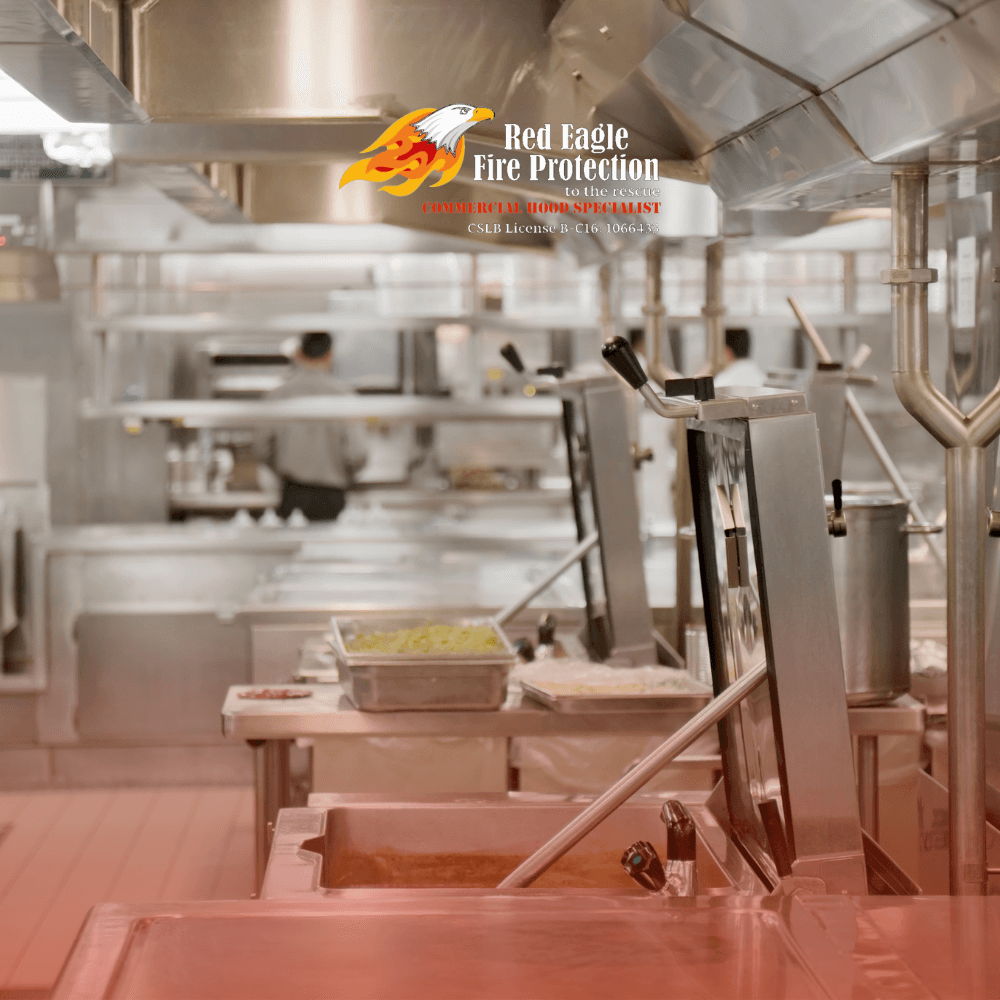In the fast-paced environment of a commercial kitchen, safety should always be a top priority. Among the most effective ways to prevent dangerous grease fires is through consistent Kitchen Exhaust Hood Cleaning. Regular cleaning not only protects against fire hazards but also promotes a healthier workspace for employees and patrons alike.
The Role of Kitchen Exhaust Hoods in Fire Prevention
A kitchen exhaust hood is designed to remove airborne grease, smoke, and odors produced during cooking. However, over time, grease can accumulate in the hood, ductwork, and exhaust fans, creating a serious fire risk. Professional Kitchen Exhaust Hood Cleaning eliminates these hazards by removing flammable buildup and ensuring proper ventilation.
Why Grease Buildup Increases Fire Risk
Grease buildup is a leading cause of restaurant fires. When grease and other particles accumulate inside the hood and exhaust system, they become highly flammable. With high cooking temperatures, even a minor spark or open flame can ignite these deposits, resulting in a dangerous grease fire. Cleaning kitchen exhaust hoods regularly minimizes this risk, creating a safer cooking environment.
Benefits of Regular Kitchen Exhaust Hood Cleaning
Regular cleaning of your kitchen exhaust system offers numerous advantages beyond fire prevention:
- Enhanced Air Quality: Removing grease and smoke particles improves indoor air quality, ensuring a more comfortable experience for both employees and guests.
- Efficient Ventilation: Clean exhaust systems promote optimal airflow, reducing the risk of overheating and ensuring that equipment functions efficiently.
- Regulatory Compliance: Many health and fire safety regulations require routine Kitchen Exhaust Hood Cleaning to comply with local codes.
The Kitchen Hood Cleaning Process
A comprehensive kitchen hood cleaning service involves several steps to remove all traces of grease and ensure fire safety:
- Inspection: Technicians assess the level of grease and buildup within the hood, ductwork, and exhaust fans.
- Deep Cleaning: Powerful degreasers and hot water pressure washers are used to clean grease from every surface, including the hood, ducts, and exhaust fans.
- Filter and Fan Cleaning: Filters and fans are key components that accumulate grease quickly. Cleaning them regularly helps keep air flowing efficiently.
- Final Inspection: A final check ensures that the system is grease-free and safe for operation.
Choosing a Professional Kitchen Exhaust Hood Cleaning Service
When selecting a cleaning service, look for certified professionals who specialize in commercial kitchen hood cleaning. These technicians understand fire safety protocols and use methods that meet regulatory standards, helping you avoid costly fines and protect your business. A reputable service will offer a thorough cleaning package that covers all parts of the exhaust system, ensuring complete fire risk reduction.
How Often Should You Schedule Kitchen Exhaust Hood Cleaning?
For most restaurants, the frequency of Kitchen Exhaust Hood Cleaning depends on cooking volume and type. High-use kitchens should schedule monthly cleanings, while medium-use kitchens may require quarterly cleanings. Light-use kitchens, like those in churches or seasonal venues, can often clean semi-annually. Regular maintenance is key to reducing fire hazards and keeping grease levels in check.
Conclusion: Make Fire Safety a Priority in Your Kitchen
Grease fire prevention starts with a clean, well-maintained exhaust hood. Regular Kitchen Exhaust Hood Cleaning is a vital step in reducing fire risks, promoting healthier air quality, and meeting safety regulations. By investing in professional hood cleaning, restaurants can safeguard their kitchens and create a safer environment for everyone.
READ MORE:

